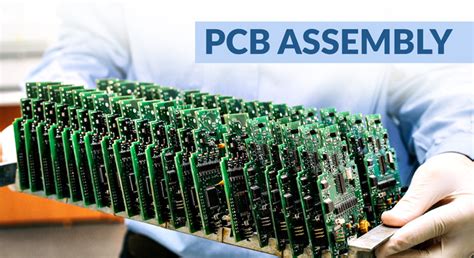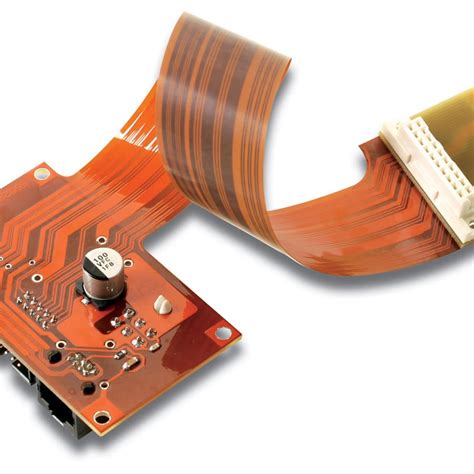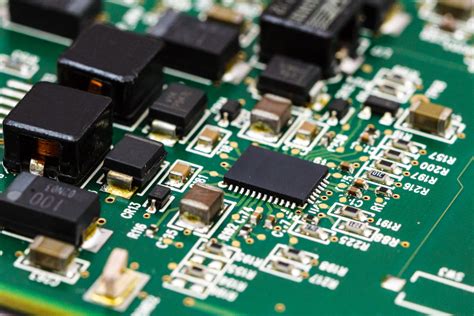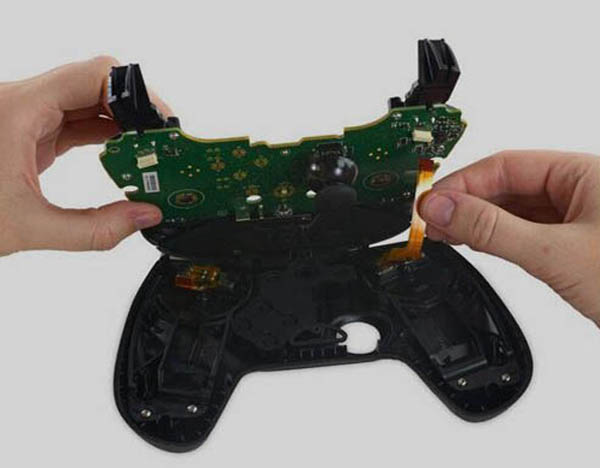Unlocking Efficiency: The Benefits of Contract PCB Assembly
Key Takeaways
Contract PCB assembly has emerged as a strategic choice for many businesses seeking to enhance their production capabilities. One of the primary advantages is that it allows companies to leverage specialized expertise and cutting-edge technology without significant capital investment. This pcba outsourcing enables firms to reduce overhead costs associated with in-house production, such as labor, equipment maintenance, and facility management. Moreover, by collaborating with established contract assemblers, businesses can diversify their production runs and respond more swiftly to market demands. This flexibility is pivotal in the competitive electronics market, where speed and adaptability are essential. Additionally, effective pcb assembly solutions drive operational efficiencies by streamlining supply chains and reducing lead times for components. Ultimately, companies that embrace contract PCB assembly not only optimize their manufacturing processes but also enhance their overall market position by focusing on core competencies while letting experts handle the complexities of the assembly process.
Understanding Contract PCB Assembly: A Comprehensive Overview
Contract PCB assembly is a strategic approach adopted by many businesses in the electronics sector to enhance their operational efficiency. By outsourcing the complex process of PCBA, organizations can focus on their core competencies while benefiting from the specialized skills and advanced technologies that contract manufacturers offer. This practice not only alleviates the challenges related to in-house production but also opens up avenues for scalability, particularly for companies looking to grow without substantial upfront investments.
Outsourcing PCB assembly can simplify logistics, as contract assemblers often have established supply chains that ensure timely delivery of components and finished products. Furthermore, they typically employ state-of-the-art equipment and practices that improve production efficiency and quality control, leading to more reliable electronic devices in the market. As a result, businesses can experience significant cost savings while enhancing product quality—key factors in staying competitive within the fast-paced electronics industry.
“Outsourcing *not only reduces overhead costs but also allows companies to leverage specialized expertise that may not be available internally.” This underscores the importance of recognizing how contract PCB assembly can serve as a vital tool for maintaining competitiveness.”
Ultimately, understanding how contract PCB assembly works provides insight into its multifaceted benefits and helps pave the way for informed decision-making when considering outsourcing options.
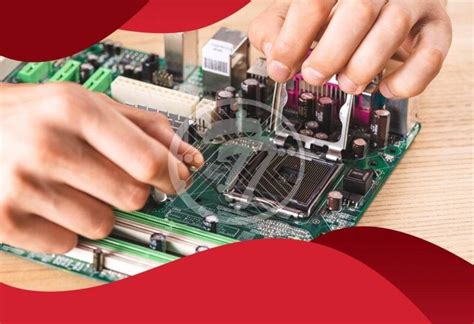
Key Advantages of Outsourcing PCB Assembly
Outsourcing PCB assembly offers numerous advantages that can significantly enhance a company’s operational efficiency. One of the primary benefits is cost reduction, as specialized providers often leverage economies of scale and advanced technologies to deliver PCBA services at a lower price point than in-house production. This financial flexibility enables businesses to allocate resources more effectively, focusing on core competencies rather than manufacturing logistics. Another critical advantage lies in the capacity for streamlining production processes. Contract assemblers typically utilize state-of-the-art equipment and practices, which can lead to faster turnaround times and higher quality outputs. This is particularly beneficial in the fast-paced electronics market, where time-to-market can be a decisive factor for success. Moreover, outsourcing allows organizations to access specialized expertise that they might not possess internally, thereby enhancing the overall quality and reliability of the completed products. As a result, businesses can better navigate competitive landscapes while ensuring their offerings meet or exceed industry standards. The combined effects of these advantages position companies to respond more agilely to market demands and innovate continuously, making contract PCB assembly an attractive option for many enterprises looking to thrive in today’s economy.
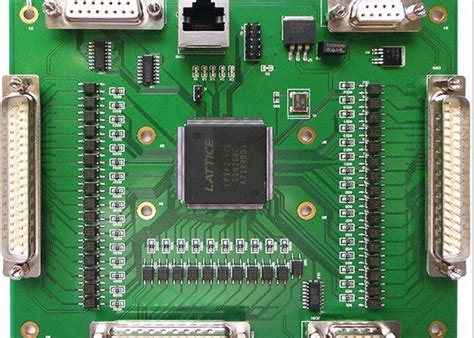
Cost Reduction through Contract PCB Assembly
One of the primary advantages of utilizing contract PCB assembly services is the significant reduction in costs. When businesses choose outsourced PCB assembly or pcba, they often experience lower labor costs, as many contract manufacturers operate in regions with favorable economic conditions. This can lead to substantial savings on both direct labor and overhead expenses. Furthermore, by partnering with specialized pcb assembly providers, companies can benefit from economies of scale; these firms are equipped to handle large volumes and can pass on the cost savings that come from increased production efficiency. Additionally, outsourcing eliminates the need for businesses to invest in expensive machinery and technology, as contract assemblers typically possess state-of-the-art equipment and expert knowledge. This setup not only ensures high-quality production but also allows companies to redirect their capital toward other critical business functions such as research and development. In essence, contract PCB assembly presents a strategic opportunity for businesses to cut costs while simultaneously enhancing their focus on core operations amidst a competitive market landscape.
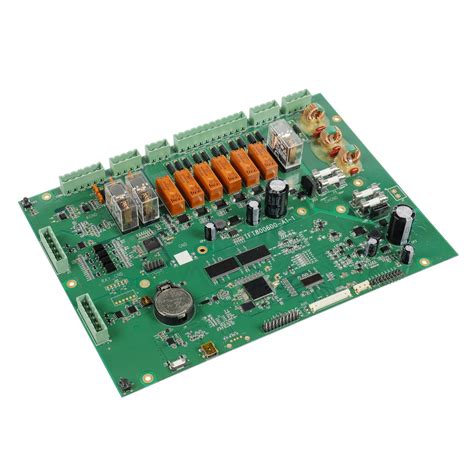
Streamlining Production Processes: The Role of Contract Assemblers
In today’s fast-paced electronics market, contract PCB assembly plays a pivotal role in optimizing manufacturing workflows. By outsourcing PCB assembly to specialized contract assemblers, companies can significantly enhance their production efficiency. These professionals bring technical expertise and sophisticated equipment that are often beyond the reach of in-house teams, allowing for faster turnaround times and enhanced product quality.
One of the key benefits of contracting out PCBA processes is the ability to reduce lead times. Contract assemblers typically possess streamlined processes and flexible manufacturing capabilities that can adapt quickly to varying demands, thereby minimizing delays and maintaining a steady output. Furthermore, by leveraging their experience across different projects, these assemblers can implement best practices that save time during assembly without compromising quality.
Another important aspect is cost efficiency. Companies often find that outsourcing their PCB assembly needs allows them to allocate resources more effectively. Instead of investing heavily in state-of-the-art equipment and facility upgrades for in-house assembly, businesses can focus on core competencies while benefiting from the economies of scale offered by contract manufacturers.
Additionally, a collaborative relationship with contract assemblers can lead to improvements across the entire production process. As these partners provide valuable feedback regarding design aspects that may affect manufacturability or cost, companies can iterate on their designs more effectively. This synergy not only streamlines production but also enhances product quality and reliability.
Table 1: Benefits of Contract PCB Assembly
| Benefit | Description |
|---|---|
| Enhanced Efficiency | Streamlined processes and expert handling reduce lead times |
| Cost Reduction | Lower overhead costs by outsourcing rather than in-house investment |
| Quality Improvement | Access to specialized skills leads to higher product standards |
| Flexibility | Ability to scale operations up or down based on demand |
In conclusion, utilizing contract assemblers for PCB assembly facilitates a more effective production process while allowing companies to remain competitive in an ever-evolving landscape. By tapping into the expertise of these specialists, businesses position themselves not only for short-term gains but also for sustained long-term growth in the electronics sector.
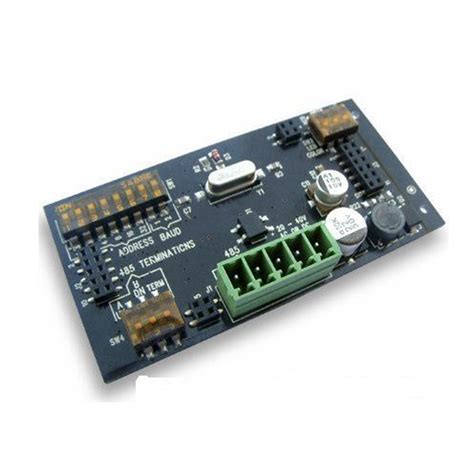
Enhancing Efficiency in Electronics Manufacturing
In today’s rapidly evolving electronics landscape, enhancing efficiency is paramount for businesses looking to maintain a competitive edge. One of the primary avenues to achieve this is through contract PCB assembly or PCBA services. By partnering with specialized contract assemblers, companies can leverage their expertise and advanced technology, which leads to improved production timelines and reduced operational risks. This outsourcing model not only allows businesses to focus on their core competencies but also facilitates cost savings by minimizing the need for extensive in-house infrastructure. Moreover, contract PCB assembly offers scalability; as demand fluctuates, companies can easily adjust production levels without the burden of additional overhead. The strategic utilization of PCB assembly ensures that manufacturers can respond swiftly to market changes while maintaining product quality and consistency. Ultimately, this approach empowers businesses to streamline their operations, adapt quickly to innovations in the industry, and enhance overall productivity in electronics manufacturing.
Selecting the Right PCB Assembly Partner
Choosing the ideal pcb assembly partner is a crucial step in optimizing your production capabilities. It requires careful consideration of various factors that can significantly influence the success of your project. First and foremost, you should assess the expertise of potential partners. A reliable contract manufacturer should have extensive experience in pcba processes, which includes everything from design to final assembly. Additionally, evaluating their quality control systems is essential; a partner committed to maintaining high standards will ensure that your pcb assembly meets stringent specifications and minimizes defects.
Another key aspect to consider is the technological capabilities of the assembly partner. It is advantageous to collaborate with a manufacturer that utilizes state-of-the-art technology and equipment for pcb assembly. This not only guarantees efficiency but also enhances innovation in product development. Furthermore, consider their flexibility and responsiveness; a proficient contract assembler should be able to adapt to your changing needs and deadlines, providing tailored solutions for different stages of production.
Communication plays a pivotal role in any partnership; therefore, establishing clear channels for collaboration is vital. A partner that promotes transparency and proactive communication will foster a more productive working relationship. Lastly, don’t overlook their financial health and stability as this can impact delivery timelines and overall reliability. By taking all these factors into account when selecting your pcba partner, you will be better positioned to maximize efficiency and achieve competitive advantages in the electronics market.
Challenges and Solutions in Contract PCB Assembly
In the realm of pcb assembly, businesses often encounter a variety of challenges that can hinder the efficiency and effectiveness of their production processes. One significant challenge is ensuring quality control throughout the pcba process, as inconsistencies can lead to increased costs and project delays. To address this issue, companies can implement stringent quality assurance protocols and work closely with their contract assemblers to monitor production standards. Another common obstacle is the rapid pace of technological advancements, which may lead to outdated assembly processes. Staying current with the latest pcb assembly technologies is crucial, and partnering with a forward-thinking contract assembler can provide access to innovative solutions that enhance overall product quality.
Logistical challenges also arise, particularly when managing supply chains that involve multiple components sourced from various locations. By developing strong relationships with suppliers and leveraging the expertise of contract assemblers, businesses can improve their supply chain management and reduce lead times. Furthermore, communication can be a hurdle, especially when working with remote teams; establishing clear communication channels and regular check-ins helps mitigate misunderstandings. Overall, while there are notable challenges in contract pcb assembly, proactive approaches such as fostering collaboration, investing in technology, and maintaining quality standards serve as effective solutions that drive success in a competitive marketplace.
Future Trends in Contract PCB Assembly Services
As technology continues to evolve, the landscape of contract PCB assembly services is witnessing significant changes that cater to the ever-growing demands of the electronics market. One notable trend is the increased utilization of automation and advanced manufacturing processes in PCBA. These innovations not only enhance production speed but also improve accuracy, reducing the likelihood of defects. Furthermore, companies are leaning towards flexible manufacturing systems that allow for quicker adjustments to production lines, making it easier to accommodate varying order sizes without incurring substantial downtime. The integration of smart technologies, including the Internet of Things (IoT), further supports real-time monitoring and optimization of assembly processes, leading to enhanced operational efficiency. Additionally, there is a rising focus on sustainability within the industry; many firms are striving to implement eco-friendly practices in their pcb assembly processes, such as reducing waste and incorporating recyclable materials. As businesses increasingly prioritize these trends, partnering with a forward-thinking PCB assembly provider will be essential for those looking to stay competitive and responsive in a rapidly changing environment.
Conclusion
In summary, contract PCB assembly emerges as a powerful strategy for businesses aiming to thrive in the competitive landscape of electronics manufacturing. By leveraging outsourcing, companies can significantly boost their operational efficiency while enjoying substantial cost savings. The process of pcb assembly brings specialized knowledge and expertise to the table, allowing firms to focus on their core competencies. Additionally, contract assemblers play a crucial role in streamlining production processes, facilitating quicker turnaround times, and ensuring higher quality standards. As organizations continuously seek ways to enhance their production capabilities and adapt to market demands, the transition towards contract PCB assembly seems not just advantageous but essential. Companies contemplating this strategic move should carefully consider various factors such as partner selection, operational consistency, and alignment with future growth trajectories. By embracing these practices, businesses can unlock a new level of efficiency and resilience in their operations.
FAQs
What is contract PCB assembly?
Contract PCB assembly, often abbreviated as PCBA, involves outsourcing the manufacturing and assembly of printed circuit boards to a specialized company. This allows businesses to focus on their core capabilities while leveraging the expertise of professionals in pcb assembly.
What are the benefits of outsourcing PCB assembly?
Outsourcing pcba can lead to significant cost savings, improved efficiency, and faster production times. By relying on contract assemblers, companies can access advanced technologies and skilled labor that may not be available in-house.
How can contract PCB assembly reduce costs?
By choosing to utilize contract pcb assembly, businesses can lower their overhead costs associated with labor, equipment maintenance, and facility management. Additionally, economies of scale achieved through increased production capabilities often result in lower unit costs.
What role does a contract assembler play in streamlining production processes?
A contract assembler specializes in optimizing manufacturing processes. Their expertise allows them to implement best practices for pcb assembly, ensuring that every step from design to final testing operates efficiently and effectively.
How does outsourcing enhance efficiency in electronics manufacturing?
Outsourcing pcba enables manufacturers to benefit from specialized skills and state-of-the-art equipment without the burdens of direct management. This leads to higher quality products being delivered more quickly to market.

